Description
About DMSA (Succimer) Capsules
DMSA, or Dimercaptosuccinic Acid (also known as succimer), may be an option to assist with heavy metal toxicity.[1]
DMSA (Dimercaptosuccinic Acid) is a water-soluble chelating agent that may assist with heavy metal toxicity. DMSA capsules may support the removal of toxic metals from the body, including lead, mercury, and arsenic.[1][2]
Succimer may assist with lead poisoning in non-encephalopathic patients with blood lead concentrations greater than 45 mcg/dL, though it may also be utilized to assist with other types of metal toxicity under appropriate medical supervision. It is important to consider that differing blood lead concentrations may require alternative medications.[1][2][3]
The oral capsule form offers convenient administration for patients. Unlike some other chelating agents that require parenteral administration, the oral route of DMSA may be considered when oral therapy is allowable and preferable.[2]
The compounded capsule formulation may provide precise dosing tailored to individual patient requirements during chelation.
Mechanisms of Action
DMSA may function as a chelating agent by potentially forming stable complexes with various heavy metals in the bloodstream. This pharmacological action assists with its therapeutic potential in helping with metal toxicity.[2] [4]
When administered orally, DMSA may bind to heavy metals, particularly lead, mercury, and arsenic, creating compounds that may be more readily excreted from the body through the urinary system.[1][4] This excretion may result in a reduction of the overall metal burden in the patient’s blood.[1]
Unlike some other chelating agents, DMSA does not cross the blood brain barrier. Per Arnold et al, DMSA may help develop a concentration gradient between the central nervous system and the blood to help remove lead from the central nervous system.[5]
Despite this, in an animal study in rats, succimer demonstrated comparable reductions in whole blood lead concentrations as calcium sodium EDTA.[5]
However, the healthcare provider should weigh all factors before choosing an agent to assist with heavy metal toxicity, including but not limited to venous blood metal level, patient’s weight, and renal function.[2]
Contraindications & Precautions
DMSA should not be used in patients with a known history of allergy to the drug or any component of the formulation, as hypersensitivity reactions can occur.[6]
Special consideration may be given to patients with impaired renal function. Because succimer may undergo renal elimination, the removal of lead and succimer from the body may be impaired in this patient population.[4]
There is limited information on the use of succimer in patients undergoing extracorporeal blood purification. An in vitro study suggested DMSA metal complexes may be unable to cross a standard dialysis membrane but may be able to cross more porous membranes. Due to lack of evidence, DMSA should be avoided in anuric patients in favor of other options.[7]
For geriatric patients, there is no specific studies on succimer in this patient population. Therefore, it is not known if succimer has different side effects or reactions in geriatric patients. This may require caution and potential adjustment in dosing for older patients receiving DMSA.[4]
Regarding drug interactions, patients should be advised to inform their healthcare providers about all medications they are taking, including prescription, over-the-counter, and herbal products.[4]
The potential for interactions with food, alcohol, or tobacco should also be discussed with healthcare professionals during the chelation course.[4]
This is not a complete list of key warnings, contraindications, precautions, or interactions.
Adverse Reactions / Side Effects
Gastrointestinal disturbances are possible with DMSA administration. These may include loss of appetite, nausea, vomiting, diarrhea, and loose stools.[4]
Dermatologic reactions may include rash, hives, and itching. Patients should be advised to report any new skin conditions promptly to their healthcare provider as these may be signs of an allergic reaction. Other signs of an allergic reaction may include swelling of the face, tongue, or throat or signs of trouble breathing. If any of these reactions occur, seek immediate medical attention.[6]
Hematologic effects, specifically neutropenia, are possible with DMSA use.[1][7] Regular bloodwork may be warranted during administration courses, especially in patients with pre-existing hematologic conditions.[6]
Other potential adverse effects may include chills and fever, which may require medical attention if present.[4] DMSA may also cause elevation in liver enzymes (AST/ALT).[2][7]
Dizziness, headache, and tiredness are also possible when taking DMSA.[6]
Patients may experience genitourinary effects such as changes in the amount of urine produced or difficult urinating. Patients should report these side effects to their doctor as soon as possible.[6]
Cardiovascular effects, including palpitations, are possible and should be reported as soon as possible to the prescriber should they occur.[6]
Another notable potential side effect is that DMSA may cause urine, sweat, and feces to have an unpleasant odor.[4]
Additionally, animal studies have suggested DMSA may cause negative effects on cognition when administered to animals who were not overexposed to toxic metals.[3]
This is not a complete list of potential side effects. Patients should be advised to contact their healthcare provider if they experience any unusual side effects or have any questions.
Pregnancy & Breastfeeding
The use of DMSA during pregnancy requires careful consideration of the potential risks and benefits. Currently, there is no adequate data regarding use during pregnancy in humans.[8]
Animal studies in pregnant mice have demonstrated succimer is teratogenic.[8]
Without definitive human data and animal studies demonstrating harm, Fuortes et al advises against chelation therapy in pregnant women unless the mother’s health is at risk.[8]
There is not sufficient data to determine risk to a breastfeeding infant during succimer use.[4]
The healthcare provider should weigh potential benefits against potential risks before prescribing this medication.[4]
Healthcare providers should approach each case individually, considering factors such as the severity of metal toxicity, the specific metal involved, the age and health status of the infant and mother, and available alternatives to DMSA therapy.
Patients should be advised to tell their healthcare provider if they are pregnant, planning to become pregnant, or are breast-feeding prior to taking this formulation.
Storage
Store this medication at 68°F to 77°F (20°C to 25°C) and away from heat, moisture and light. Keep all medicine out of the reach of children. Throw away any unused medicine after the beyond use date. Do not flush unused medications or pour down a sink or drain.
References
LiverTox: Clinical and Research Information on Drug-Induced Liver Injury [Internet]. Bethesda (MD): National Institute of Diabetes and Digestive and Kidney Diseases; 2012-. Succimer. [Updated 2020 Aug 15]. Available from: https://www.ncbi.nlm.nih.gov/books/NBK548099/- LinkOpens in New Tab
Thurtle N, Greig J, Cooney L, Amitai Y, Ariti C, Brown MJ, Kosnett MJ, Moussally K, Sani-Gwarzo N, Akpan H, Shanks L, Dargan PI. Description of 3,180 courses of chelation with dimercaptosuccinic acid in children ≤ 5 y with severe lead poisoning in Zamfara, Northern Nigeria: a retrospective analysis of programme data. PLoS Med. 2014 Oct 7;11(10):e1001739. doi: 10.1371/journal.pmed.1001739. PMID: 25291378; PMCID: PMC4188566.
Kosnett MJ. The role of chelation in the treatment of arsenic and mercury poisoning. J Med Toxicol. 2013 Dec;9(4):347-54. doi: 10.1007/s13181-013-0344-5. PMID: 24178900; PMCID: PMC3846971.
“Succimer (Oral Route).” Mayo Clinic, Mayo Foundation for Medical Education and Research, 1 Feb. 2025, www.mayoclinic.org/drugs-supplements/succimer-oral-route/description/drg-20066140.
Arnold J, Morgan B. Management of Lead Encephalopathy with DMSA After Exposure to Lead-Contaminated Moonshine. J Med Toxicol. 2015 Dec;11(4):464-7. doi: 10.1007/s13181-015-0493-9. PMID: 26245877; PMCID: PMC4675610.
“Succimer Oral Capsule.” Cleveland Clinic, Cleveland Clinic, 24 Dec. 2024, my.clevelandclinic.org/health/drugs/19637-succimer-oral-capsule.
Hsiao CY, Gresham C, Marshall MR. Treatment of lead and arsenic poisoning in anuric patients – a case report and narrative review of the literature. BMC Nephrol. 2019 Oct 17;20(1):374. doi: 10.1186/s12882-019-1561-1. PMID: 31623560; PMCID: PMC6796459.
Fuortes L, Weismann D, Niebyl J, Gergely R, Reynolds S. Pregnancy, Pica, Pottery and Pb (Lead). Journal of the American College of Toxicology. 1996 Oct 1. 15 (5): 445-450. https://doi.org/10.3109/1091581960901801


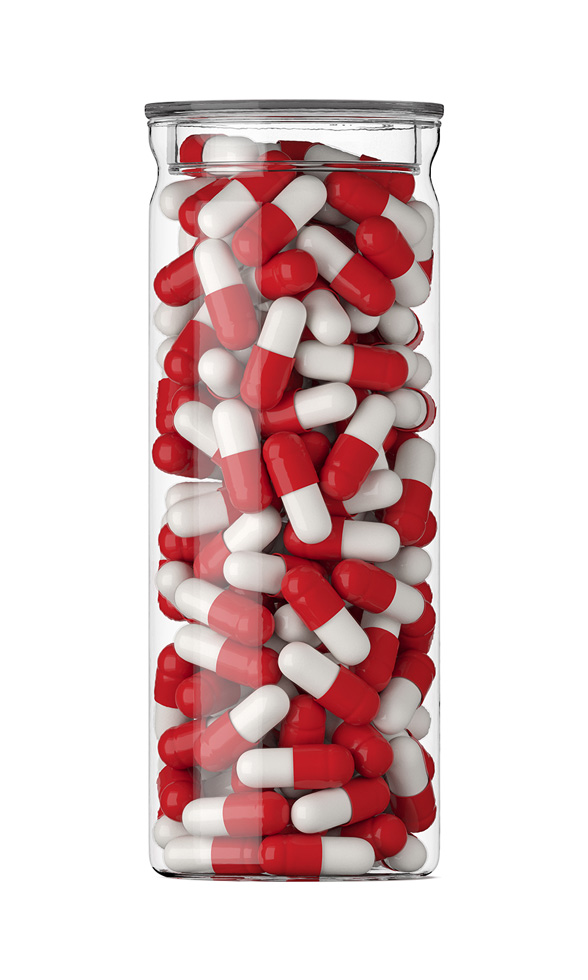

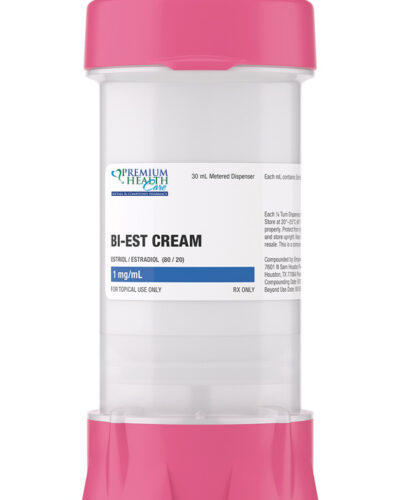
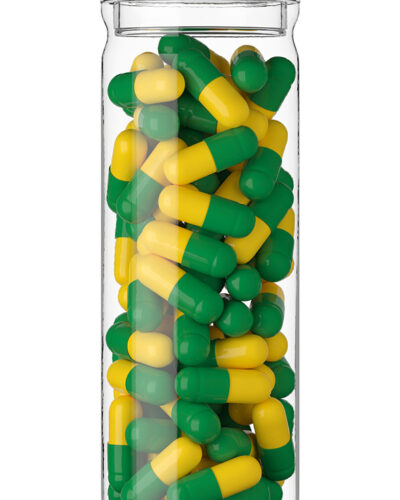
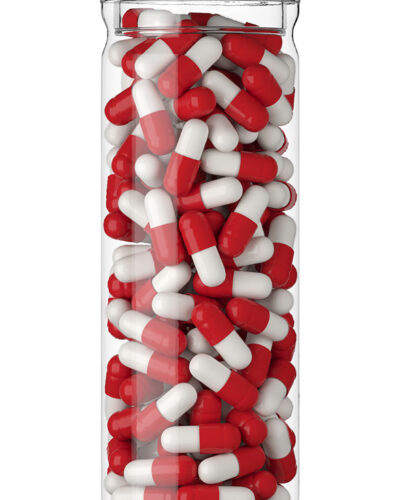
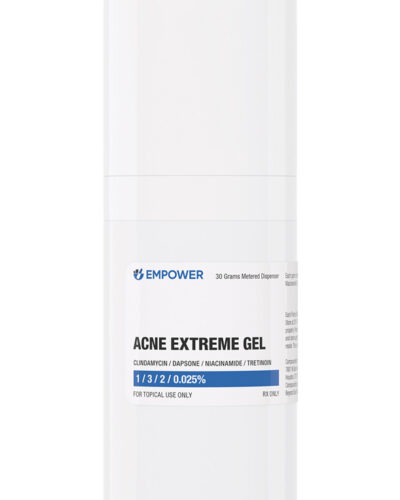
Reviews
There are no reviews yet.